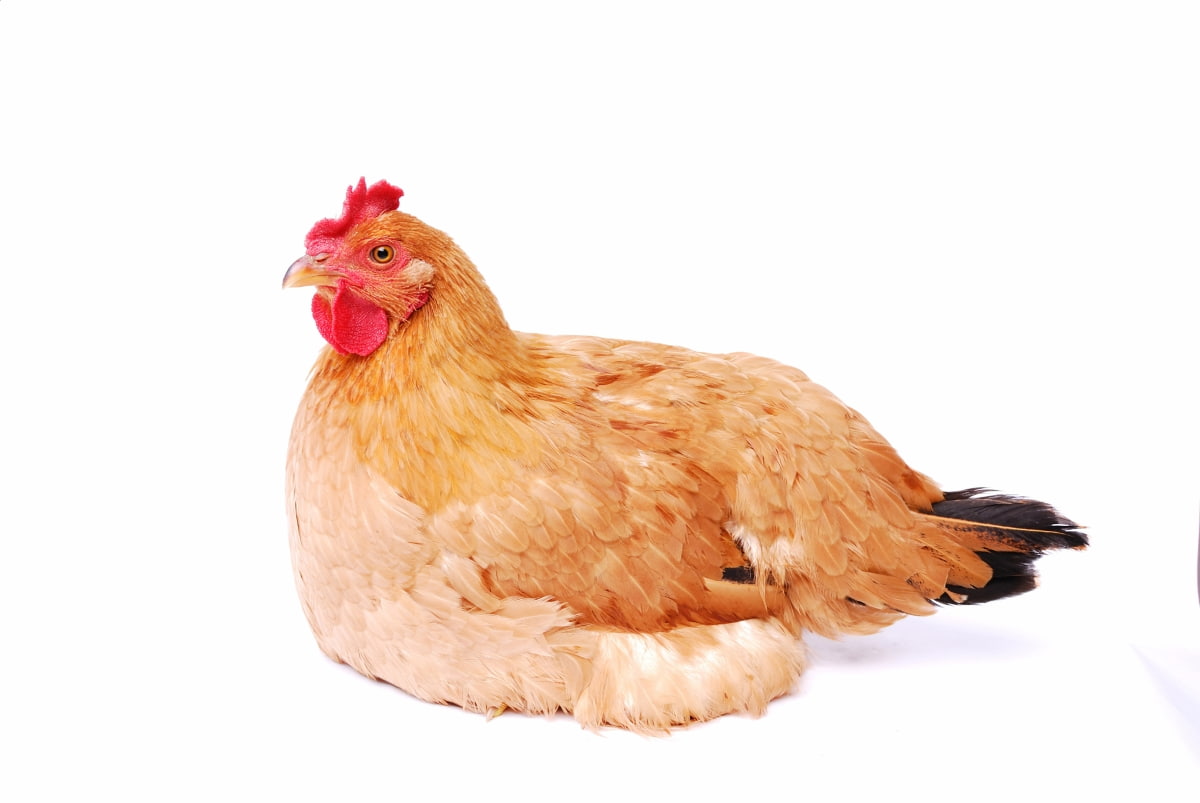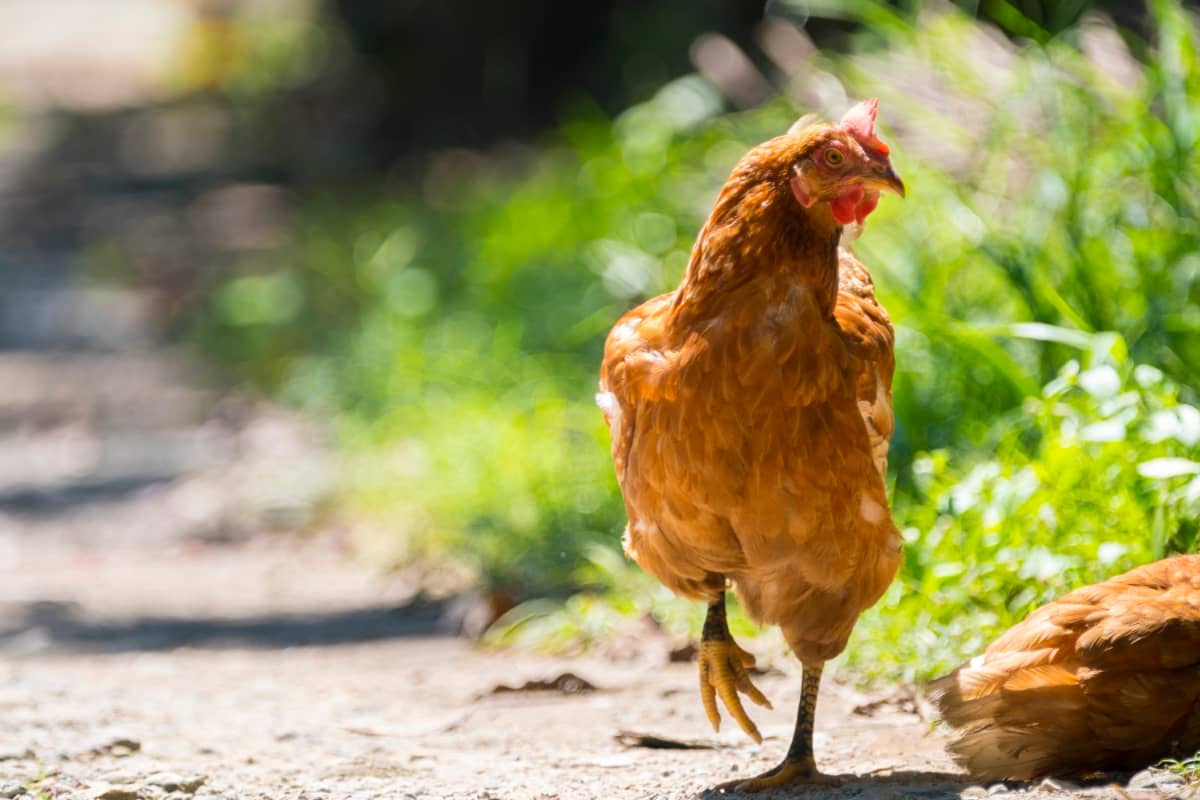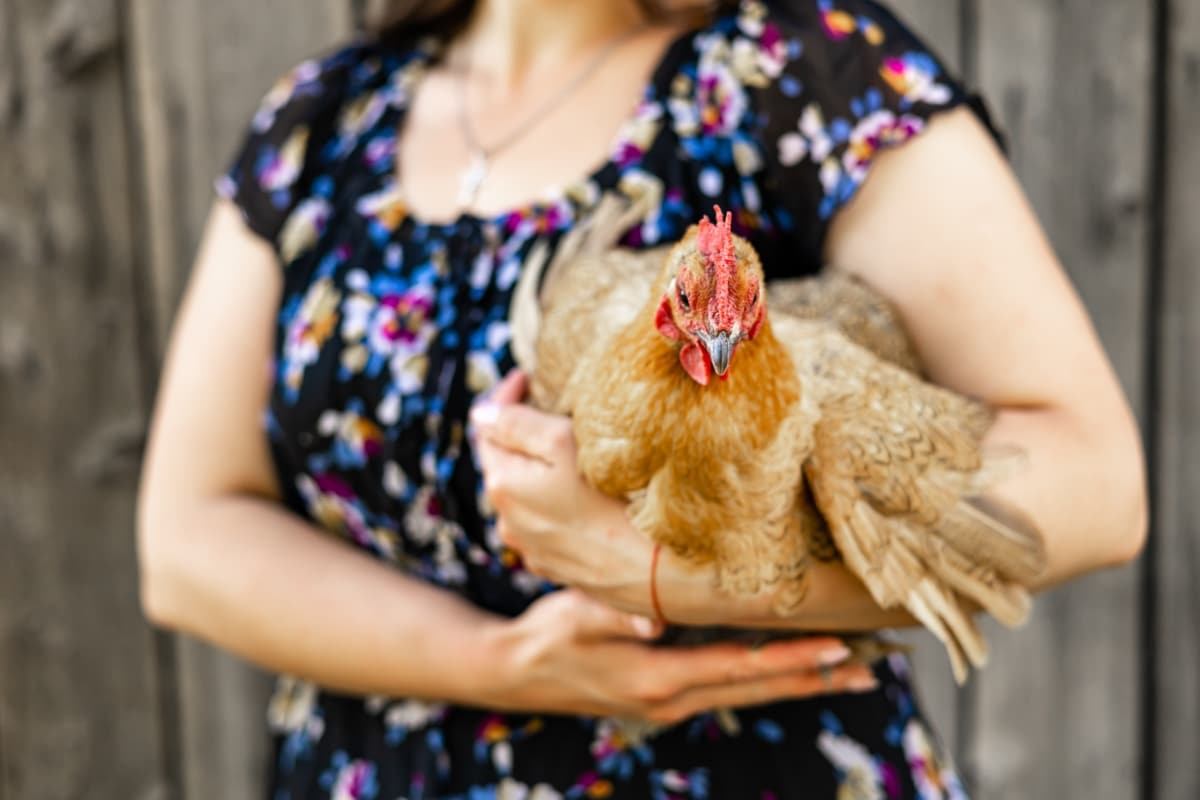Marsh Daisy chickens, a rare and distinctive breed, are cherished for their unique appearance, resilient nature, and friendly temperament. Originating from the United Kingdom, these birds have garnered attention for their utility and ornamental value. Understanding the breed’s characteristics, diet, care requirements, and behavior is crucial for those looking to buy Marsh Daisy chickens.
Marsh Daisy chicken care involves specific housing, dietary needs, and health management to maintain well-being. Raising Marsh Daisy chickens can be a rewarding experience, provided one is well-informed about their needs, from the best feed for Marsh Daisy chickens to effective breeding and raising practices. With various Marsh Daisy chicken colors and a generally docile temperament, they make a great addition to backyard flocks, offering eggs and companionship.
Introduction to Marsh Daisy Chicken
History and Origin
Marsh Daisy chickens were developed in the early 20th century in Lancashire, England, to create a hardy, productive backyard bird. This breed originated from a deliberate crossbreeding program, combining local varieties with breeds renowned for their prolific egg production. The outcome was a chicken well-suited to the damp environments typical of England’s marshlands. Despite their initial popularity, Marsh Daisy chickens are now considered rare, with enthusiasts and breeders working to preserve their lineage.
Breed Characteristics
Marsh Daisy chicken characteristics include a rose comb, white earlobes, and a distinctive beetle-green sheen on their black tail feathers, setting them apart from other breeds. They are known for their hardiness, adaptability to wet conditions, and good foraging abilities, making them suitable for free-range environments. Marsh Daisy chicken temperament is generally docile and friendly, making them excellent for backyard flocks.
Price
The price to buy Marsh Daisy chickens can vary based on availability, age, and quality, ranging from $20 to $50 per bird. Due to their rarity, Marsh Daisy chicken for sale may be more commonly found through specialized breeders or poultry shows rather than general hatcheries.
Lifespan
Marsh Daisy chickens typically live for 6 to 8 years, with their lifespan potentially affected by variables like nutrition, habitat, and general welfare. Proper Marsh Daisy chicken care can help ensure a healthy and productive life.

Physical Appearance
Size and Weight
Marsh Daisy chickens are medium-sized, with hens weighing around 4.5 pounds and roosters approximately 6 pounds. Their size and weight contribute to their adaptability and ease of care in various backyard settings.
Color Varieties
Marsh Daisy chicken colors include wheaten, white, buff, and brown, each with unique appeal. The variety of colors allows for an aesthetically pleasing flock, adding to the ornamental value of these birds.
Behavior and Temperament
Social Behavior
Marsh Daisy chickens are known for their calm and friendly social behavior, often integrating well with other breeds in mixed flocks. Their docile nature makes them less prone to aggressive behavior, ensuring a harmonious backyard environment.
Suitability for Backyard Flocks
Given their gentle temperament and hardy nature, Marsh Daisy chickens are highly suitable for backyard flocks. They adapt well to confined spaces as long as they have adequate room to roam, making them a versatile choice for rural and urban settings.
Housing and Environment
Coop Requirements
Marsh Daisy chicken coop designs should provide at least 4 square feet of space per bird to ensure comfort and prevent stress. Proper ventilation, nesting boxes, and roosting bars are essential components of the coop, contributing to the health and well-being of the flock.
Fencing and Protection
Fencing around the coop should be secure to protect Marsh Daisy chickens from predators. Sturdy fencing and overhead protection can help safeguard the birds from common threats like foxes, hawks, and raccoons.
Diet and Nutrition
Feeding Guidelines
The best feed for Marsh Daisy chickens includes a balanced diet of quality poultry pellets, grains, and greens. Providing access to free-range areas can supplement their diet with insects and vegetation, contributing to their overall health and egg production.
Supplements and Treats
Supplements like grit for digestion and oyster shells for calcium can be provided to ensure optimal health. Treats such as fruits, vegetables, and mealworms can be offered sparingly to enrich their diet and encourage natural foraging behavior.
In case you missed it: How to Utilize a Broody Hen for Hatching and Rearing Baby Chickens

Health and Wellness
Common Health Issues
Marsh Daisy chicken’s health can be affected by common poultry ailments such as respiratory infections, parasites, and nutritional deficiencies. Regular health checks and a clean living environment can help mitigate these risks.
Preventative Care
Ensuring the health of Marsh Daisy chickens involves routine vaccinations, controlling parasites, and vigilant illness monitoring. Additionally, maintaining clean water and providing a balanced diet are essential preventive measures.
Breeding Marsh Daisy Chickens
Breeding Programs
Breeding Marsh Daisy chickens involves selecting healthy, quality birds with desirable traits to ensure the preservation and improvement of the breed. Marsh Daisy chicken breeders often participate in breeding programs focused on maintaining genetic diversity and enhancing breed characteristics.
Egg Production and Incubation
Marsh Daisy chicken eggs are medium-sized and cream-colored, with hens having a moderate laying rate. For those looking to increase their flock, understanding egg incubation practices and chick care is essential for successful breeding.
Raising Chicks
Brooding Conditions
Raising Marsh Daisy chickens from chicks requires setting up a warm, safe brooding area with adequate heat, bedding, and space. Monitoring temperature and humidity levels ensures a comfortable environment for the chicks’ growth and development.
Growth Milestones
Observing growth milestones such as feather development, weight gain, and behavioral changes helps assess Marsh Daisy chicks’ health and progress. Providing age-appropriate feed and gradually introducing them to the outdoors prepares them for integration into the larger flock.
Challenges and Considerations
Predator Management
Effective predator management is crucial in protecting Marsh Daisy chickens, involving secure housing, vigilant monitoring, and possibly guardian animals to deter potential threats. Understanding local predator habits and taking proactive measures can help minimize risks.
Weather Adaptability
Marsh Daisy chickens are adaptable to various weather conditions, but providing shelter from extreme weather, such as intense heat or cold, is essential for their comfort and health. Coop modifications and access to shaded or insulated areas can help maintain an optimal living environment for these hardy birds.
In case you missed it: Ultimate Guide to American Game Chicken: Explore Breed Profile to Diet and Care

Conclusion
Raising Marsh Daisy chickens offers a fulfilling experience for poultry enthusiasts, combining the joys of caring for these hardy, friendly birds with the satisfaction of preserving a rare breed. Proper care, diet, and housing ensure their health and happiness, contributing to the diversity and beauty of backyard flocks.
Note: The images presented in this post are intended solely for representation purposes. The images are meant to serve as visual aids and should not be relied upon as accurate representations of their real-life counterparts.
- Feed Your Flock for Less: Top 10 Tips to Save on Chicken Feed
- Ultimate Guide to Ossabaw Island Hog: Breeding, Raising, Diet, and Care
- Hatching Answers: The Top 10 Reasons Your Chickens Aren’t Laying Eggs
- Eggs and Economics: Breaking Down the Cost of Raising Backyard Chickens
- Defend Your Greens: Proven Methods to Keep Iguanas Out of Your Garden
- Ultimate Guide to Cinnamon Queen Chicken: A Comprehensive Guide for Beginners
- Ultimate Guide to California Tan Chicken: Breeding, Raising, Diet, Egg-Production and Care
- Ultimate Guide to Marsh Daisy Chicken: Breeding, Raising, Diet, and Care
- 10 Types of Chicken Farming Businesses You Can Start for Profits